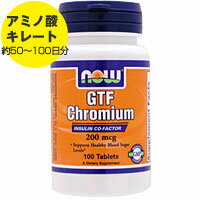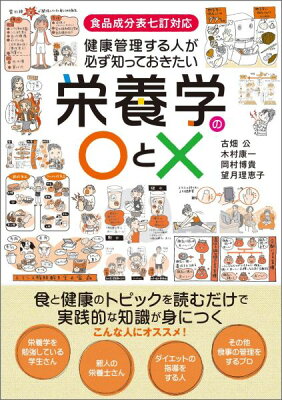This is about human health and economic psychology. From the morning economy class.
It’s a strategy to read economics from “addiction”. Addiction means regular use of tobacco and alcohol.
With the introduction of TASPO and the implementation of smoking prevention ordinances in various places, regulations related to tobacco have increased. Nikkei has a series on the relationship between smokers and economic psychology. The author is Professor Takanori Yoshida of Kyoto University. Recent articles are mostly about tobacco, but as the title suggests, today alcohol has come up.
People who smoke tobacco are short-tempered. This is mentioned in the article, and there is likely no disagreement, especially among those who smoke a lot, they are short-tempered (they have a high time preference and a low risk avoidance degree). The article mentions impatience, low caution, impulsiveness, and a tendency to underestimate risks.
So, should you quit smoking or quit smoking? But if you fail, you become even more short-tempered. Successful quitters gradually become more patient, while those who fail become increasingly short-tempered.
There are surprising points for successful quitters. They become more patient and even more patient than non-smokers. Smoking is all about risks, but quitting smoking can bring unexpected returns. However, many smokers may not quit smoking because they have a low risk avoidance degree, that is, they chase short-term benefits (present bias). Well, maybe only very patient people can quit smoking.
The characteristic of addiction is that it has dependence. You can’t escape from it physically and mentally.
So far, I’ve been writing about tobacco, but horse racing and pachinko have the same tendency as tobacco. However, don’t many people who play pachinko also smoke cigarettes? In fact, people with addictions are more likely to have other addictions. Especially, pachinko–horse racing and tobacco–alcohol are pronounced. Tobacco–alcohol seems to make sense from the perspective of macrobiotics, but it doesn’t seem easy for addictions to be connected just because they have habits. In fact, it says it’s still under research.
Let’s talk about alcohol. People who don’t drink alcohol at all are more patient than those who do. However, if you measure only those who drink alcohol every day, they are short-tempered. In other words, those who drink a little alcohol are more patient than those who don’t drink alcohol.
Drinking a little is said to have health benefits, but it’s difficult because “a little” is subjective.
Interestingly, people who do not touch alcohol or tobacco at all have a lower time preference and a higher risk avoidance degree compared to those who have successfully quit or drink a little alcohol.
So, today’s “Easy Economics” concludes that “it is important to stop at the entrance of addiction chains before young people get involved in illegal drugs and gambling.” … You know that, right?
TASPO
TASPO (Tobacco Control Promotion Organization) is a legal entity established in Japan as part of tobacco control efforts. It was founded in 2003 and is engaged in various initiatives to mitigate the health impact of tobacco use in Japan. Its main activities include regulations on tobacco sales to minors, raising awareness of the health risks of smoking among tobacco users, and promoting smoking cessation programs. TASPO has also introduced an identification card called the “TASPO card” to prevent tobacco purchases by minors.
Readers who viewed this page, also viewed:









